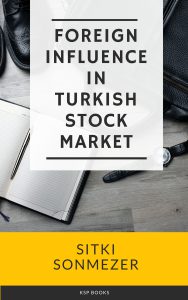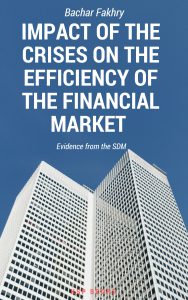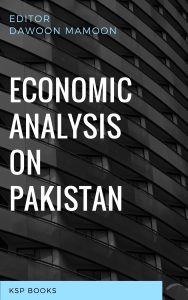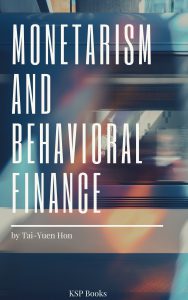Synopsis
After five years of research into the hot debated and my chosen topic of behavioural finance, it has become obvious that the field is a major area of studies. Over the years I have tried to provide empirical evidence that markets do tend to follow trends set by theories of behavioural finance. The evidence I presented surround the key events since the millennium; events such as the introduction of the euro, the global financial and eurozone sovereign debt crises and Brexit. As can be seen from these events, I have tended to mainly concentrate on the reaction of market participants in the European Union.
i. The Introduction of the Euro and Eurozone Financial Markets Integration
The introduction of the euro was and still is one of the financial events of the last few decades. I was working as a software engineer at IBM at the time, the topic of the day was how will the introduction of the euro effect the transactions of many financial institutions. By the mid-2000s, I was doing an MSc in financial Management and decided to do my dissertation on the euro. By then the Euro has established itself as one of the major currencies and many thought it would challenge the US dollar. However, by the end of the 2000s the tide was beginning to turn as the weaknesses of the European monetary union were highlighted first by the recession which followed the financial crisis and then the sovereign debt crisis. These events led to a rise in nationalist tendencies across the eurozone. Funnily enough while I was writing my paper which forms chapter of this book, a dear friend and old lecturer of mines suggested I call it Happy 20th Anniversary Euro: from shining beacon of hope to ticking time bomb.
ii. The Global Financial and Eurozone Sovereign Debt crises
In 2007, I had a job interview with Lehman Brothers which I didn’t get the job. Just one year later, at the height of the global financial crisis, Lehman Brothers were in financial difficulties leading to the biggest bankruptcy. I knew that the asset market including the housing market was overpriced. I remember watching a Robert Peston (a BBC News Chief editor and Reporter on Economics at the time) current affair tv programme on the US Mortgage crisis in mid-2007. So, I knew about the underlying causes of the financial crisis, but little did I know what would eventually happen. The financial crisis was not unpredictable when you know what to look for but what took most people by surprise was the depth and length of it, I suspect. The sovereign debt crisis came at a time when I was preparing to do my PhD in a way, it came at the right time for me. I was able to focus my research on the reaction of market participants in the sovereign debt markets firstly concentrating on the efficiency of the market and later on the behaviour of market participants. To my mind, the financial and Eurozone crises were a lesson in how not to handle crises.
iii. Brexit
Brexit was the result of a misunderstanding of the extent of nationalist feeling and economic division across Europe. It just so happens to have occurred in the UK, the most outsider of all the European Union member states. Once again it was a lesson in how not to handle an event. The major issue is that government did not learn the lesson of the financial and sovereign debt crises. My own personal belief is that the UK should not have held a referendum about such a complicated issue and one that has the potential to affect the lives of every British citizen for the long run in the first place. However, now that the Brexit is a happening, IK think the UK government was wrong to rule out a soft Brexit at the start of the process.
In all these events it is hard not to include behavioural finance in analysing the impact on the financial markets. The key in all this is the feedback effect between the actions of the market participants and governments (or the EU).
Contents
About Author
ISBN
978-605-7736-51-2
Date of Publication
December 15, 2019
File Size: 3498 KB
Length: xv + 143 pages
This work is licensed under a Creative Commons Attribution 4.0 International License.
















